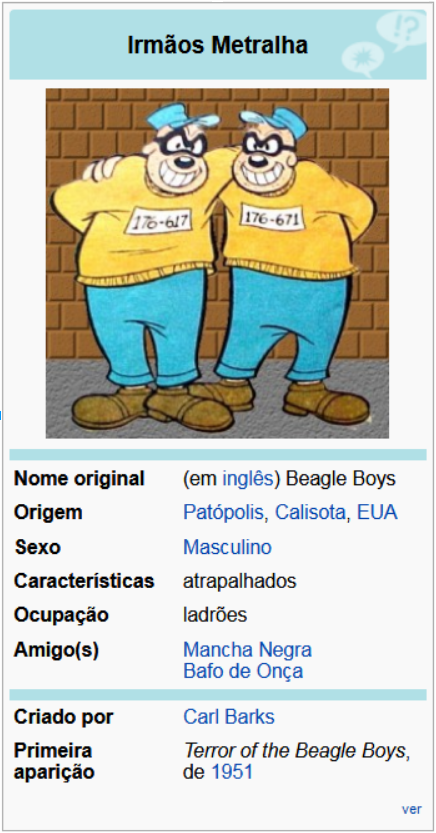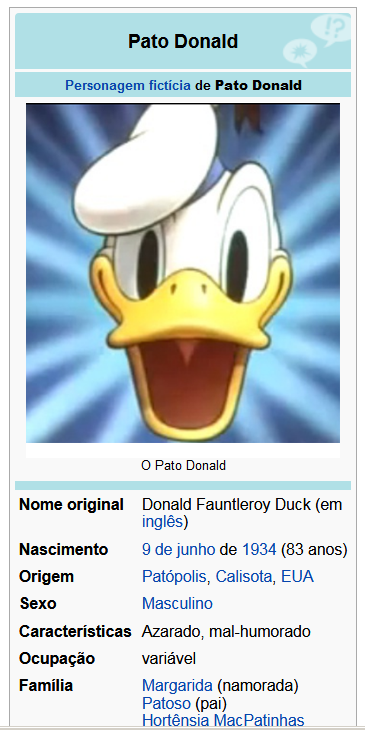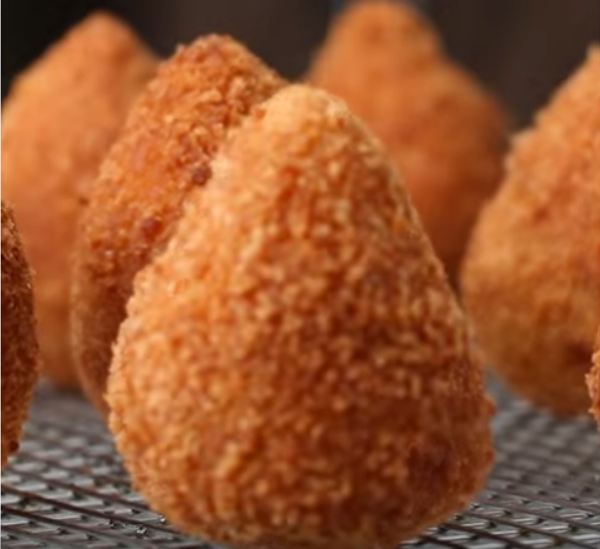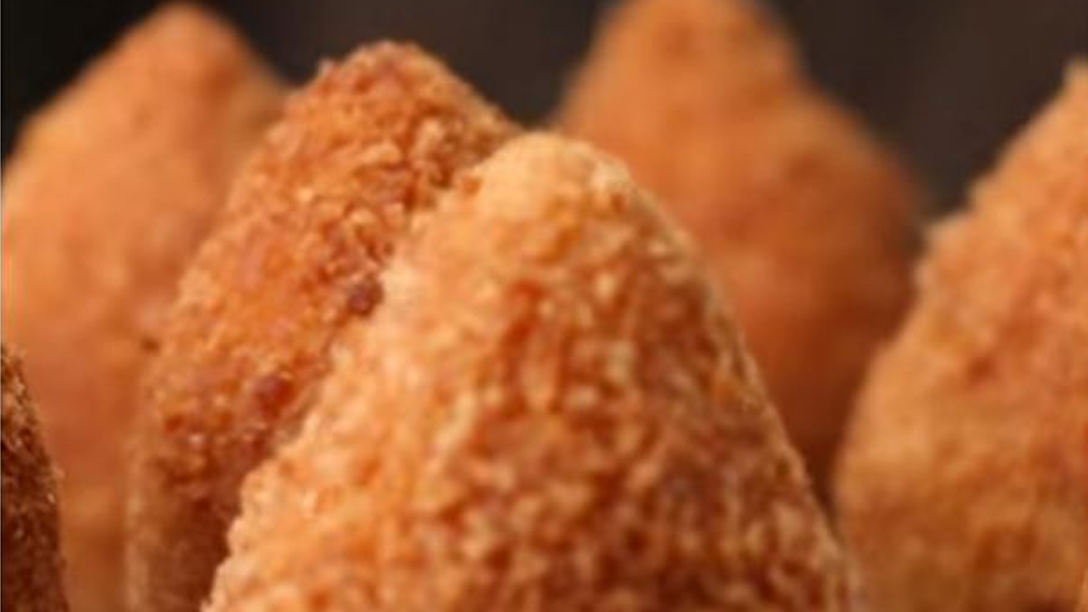With the politically-tainted sentencing and imprisonment of former Brazilian president Luis Ignacio “Lula” da Silva, simmering tensions between petralhas and coxinhas have come to a boil. These left/right monikers are hard to translate to American slang, though in a pinch, “libtards” and “tea-baggers” will do. But a 2016 Washington Post article that mentions the terms doesn’t even scratch the surface of their multi-layered and playful etymologies.
Brazil is a nation with an unrivaled penchant for improvisation, innuendo and wordplay; the home of samba, repentistas, and Chico Buarque, host to a creole of African, indigenous, and European languages. Brazilians are notorious for calling everyone by humorous nicknames. Where else would journalists and politicians refer to the nation’s chief executive as “President Squid?” Americans can be forgiven for not realizing that “Lula” isn’t a given name, but rather a childhood nickname that served as da Silva’s nom de guerre during his rise as a union leader, and was formalized as his legal middle name in 1982.
For a start, “petralha” is a derogatory term for ardent supporters of the Brazilian left-wing Workers’ Party, coined by right-wing journalist and blogger Reinaldo Azevedo in 2002. Lula helped found the Partido dos Trabalhadores, or P.T. for short, in 1980, and led them to a historic presidential victory and two terms in office beginning in 2003. Because the party’s initials are pronounced “Peh-Teh,” party loyalists are petistas (“P.T.-ists”), so Azevedo formed “petralha” by merging petista with metralha, a Portuguese slang word for machine gun (“metralhadora”); superficially, he was calling them “machine-gun leftists.”
But metralha is more than short for “metralhadora”; it also references Os Irmãos Metralha (“Machine Gun Brothers”), the Portuguese translation of “The Beagle Boys,” a gang of hapless canine thugs who appeared in Donald Duck comic books beginning in the 1950s.

Wearing identical military caps, black masks and red turtleneck sweaters emblazoned with their prisoner ID numbers, the Beagle Boys continually scheme to rob Donald’s rich uncle, Scrooge McDuck (Tio Patinhas in Portuguese) of his fortune, but always fail.
Donald Duck comics (Pato Donald) have remained popular in Brazil up to the present, in part due to the inclusion of the character José “Zé” Carioca, a sly Brazilian parrot developed by Walt Disney based on his own experience of the slick “carioca” culture of Rio de Janeiro during a visit to Copacabana in the late 1940s.

The reference works on several levels. For one thing, the P.T.’s official color is red—like many left-wing parties—so by calling Workers’ Party members petralhas, their red uniforms and anti-capitalist rhetoric get associated with the thuggish behavior and mob-like anonymity of the often red-turtlenecked Beagle Boys, who can only be told apart by their prison ID numbers. One right-wing urban dictionary defines petralha as “an individual whose mentality is so backward, immoral, unethical, beyond logic and common sense, lacking minimal background reading and education, that they [sic] support the thuggery of Lula and his comrades of the P.T.” Given the no less polarized political rhetoric in the United States, an idiomatic translation of petralha into American political lingo might be “thugtard.”
The mirror term, coxinha, is a derogatory expression used by the Brazilian left for the uptight, politically conservative, and socially reactionary bourgeoisie in Brazil, a right wing which—as in the U.S.—has tilted disturbingly towards sexism, racism and neo-fascism in recent years. Its political etymology is, if anything, even more convoluted, though in its most basic sense, coxinha is simply the diminutive for “thigh,” used idiomatically to mean the drumstick meat of a chicken. It’s also a popular fried snack, originally from São Paulo state, containing chicken meat at the heart of a doughy, pear-shaped croquette, the casing somewhat like the hushpuppy of the American South.

How this snack came to be associated with right-wing opponents of Lula and impeached President Dilma Roussef is something of a mystery. Some sources claim that coxinhas are commonly sold at roadside stands where police tend to congregate in their vehicles. In this regard, the coxinha may be a Brazilian analog to the American doughnut, a typical snack for on-duty law enforcement, and hence an emblem of politically and socially conservative attitudes.
Another theory claims the usage comes from a habit of affluent men in São Paulo to wear shorts in the summer to tan their “little thighs,” a reference to the vapidity of bourgeois values. Contemplating these multiple versions, I happened to pass a coxinha stand on a street corner, and while there were no police in sight, I was struck by how the plump, greasy fritters were lined up in neat, even rows; an apt visual metaphor for conformist, law-and-order conservatism, to be sure.
During the 2016 street protests against President Dilma, conservative protesters proudly adopted the once-derogatory term as a badge of pride. As the same right-leaning urban dictionary sums up one coxinha’s anti-P.C. self-regard: “Antonio is considered coxinha because he refuses to take advantage of government quotas for blacks in public sector jobs, preferring to conquer his position with his own efforts, merit and competence.” I would hazard the following free translation of coxinhas into contemporary American idiom: “fash-puppy.”
As entertaining as these quirky etymologies may be, the violence they map onto is no joke. In the days leading up to Lula’s imprisonment in early April of this year, a group of right-wing activists beat and tasered a Lula supporter in an upscale São Paulo bakery, after an argument in which they shouted him down as a “petralha.” On April 5, the day Lula was given the ultimatum to turn himself in, a P.T. political candidate was filmed shoving an anti-Lula protestor into oncoming traffic outside the Lula Institute in São Paulo (the unfortunate coxinha was hospitalized for cranial trauma). With Lula out of the running, the upcoming Brazilian presidential elections this October promise further clashes between the thugtards and the fash-puppies.
***
Tour of Babel is a regular Popula column, in which we translate the world’s words that can’t be translated, the phrase and expressions that don’t travel (but that also, it turns out, do).






